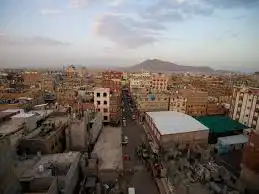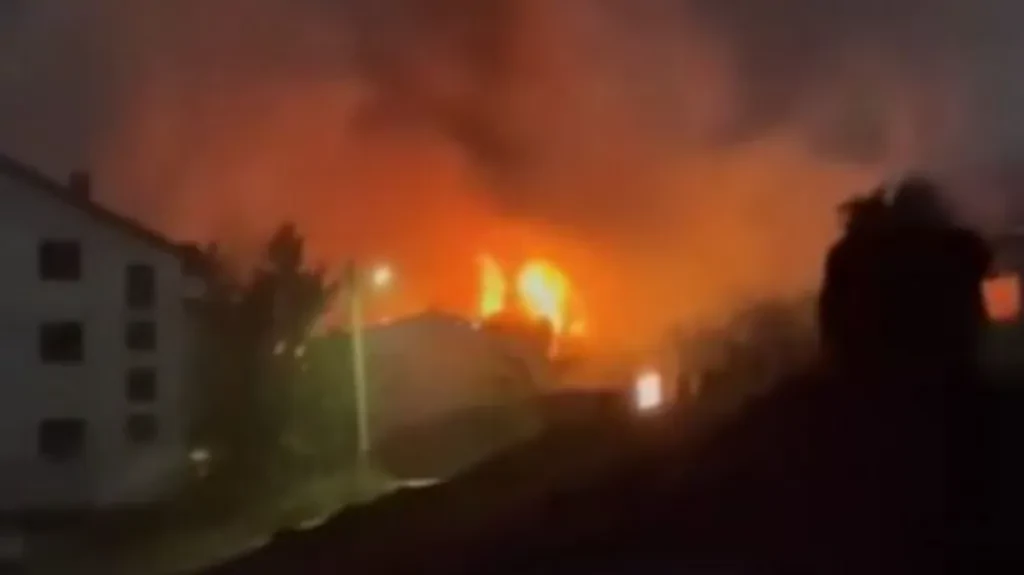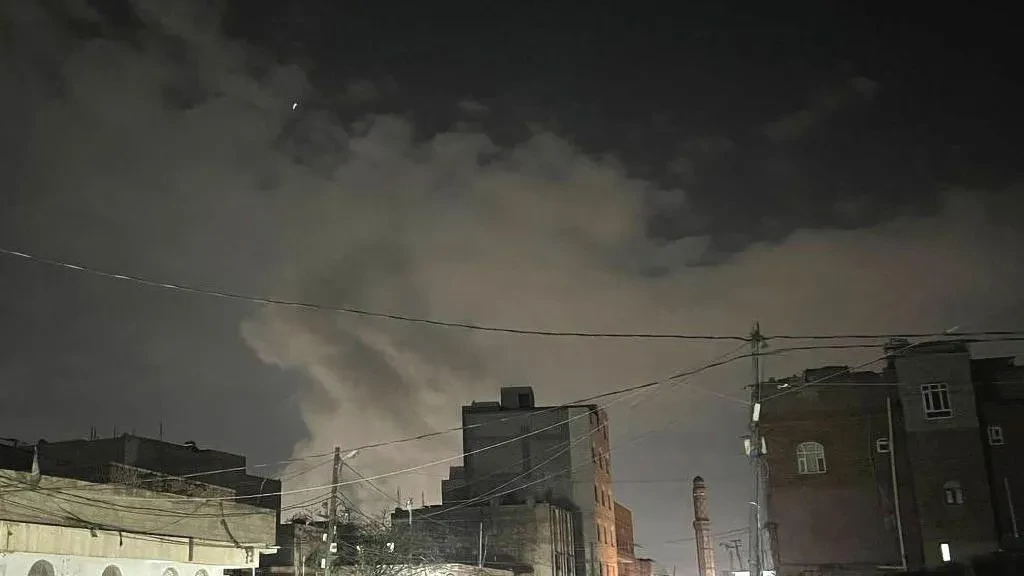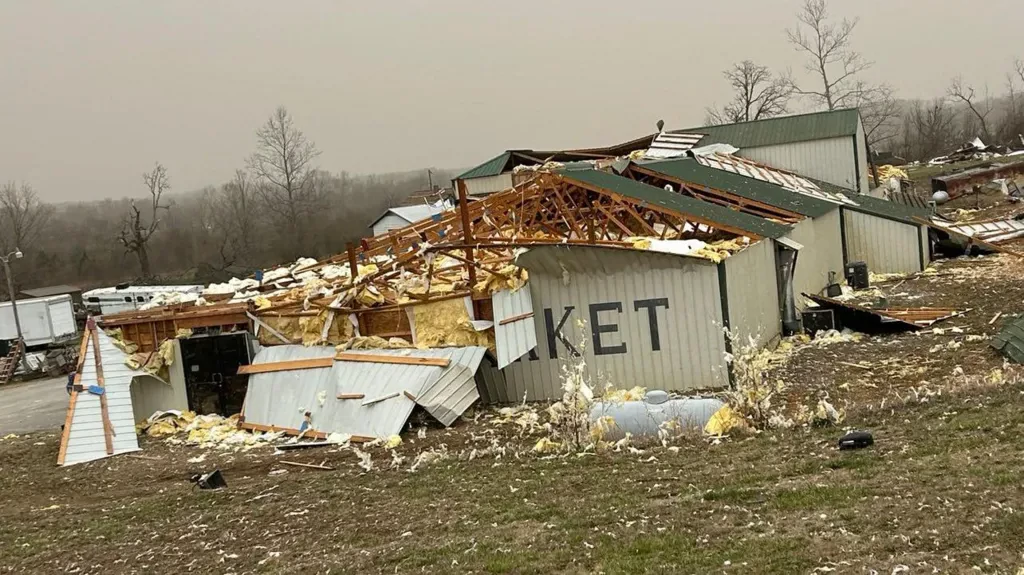111 Yemen govt and rebel fighters killed in Marib in 3 days: govt

DUBAI, June 27: Clashes between rebels and Yemeni government fighters killed at least 111 in Marib in three days, pro-government sources said, following a renewed offensive by Huthi insurgents.
The Iran-allied insurgents escalated their efforts to seize Marib, the government's last stronghold in northern Yemen, in February, and the fighting has killed hundreds on both sides.
The fighting between Thursday and Sunday killed 29 pro-government personnel and at least 82 rebels, three pro-government sources told AFP. Rebel forces have not confirmed the toll.
Yemeni government officials said that since Thursday, the Huthis had mounted intensive attacks from the north, south and west, but were unable to breach government defences which were supported by air cover from a Saudi-led military coalition.
"These areas witnessed fierce fighting amid artillery shelling from both sides and intense coalition air raids," one government military official said.
Control of the oil-rich region of Marib would strengthen the Huthis' bargaining position in peace talks, but the battle has also raised fears of a humanitarian catastrophe, as many Yemenis had fled to the area to escape fighting in other parts of the country.
Yemen's conflict flared in 2014 when the Huthis seized the capital Sanaa, prompting the Saudi-led intervention to prop up the government the following year.
While the UN and Washington are pushing for an end to the war, the Huthis have demanded the re-opening of Sanaa airport, closed under a Saudi blockade since 2016, before any ceasefire or negotiations.
As well as the bloody offensive in Marib, the Huthis have also stepped up drone and missile strikes on Saudi targets, including its oil facilities.
This month the outgoing UN envoy for Yemen Martin Griffiths told the Security Council his own efforts over the past three years to end the war had been "in vain".
The fighting has killed tens of thousands and left some 80 percent of Yemenis dependent on aid, in what the UN calls the world's worst humanitarian crisis.
The war has also displaced millions of people and left many on the brink of famine.





Leave Comment